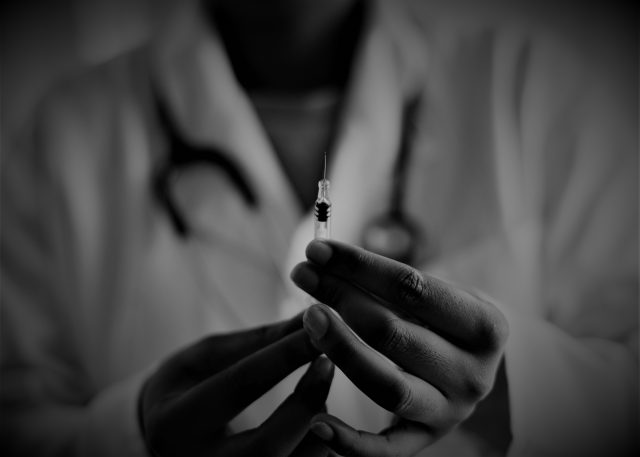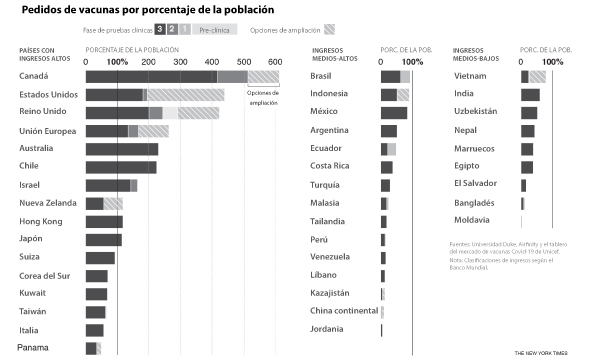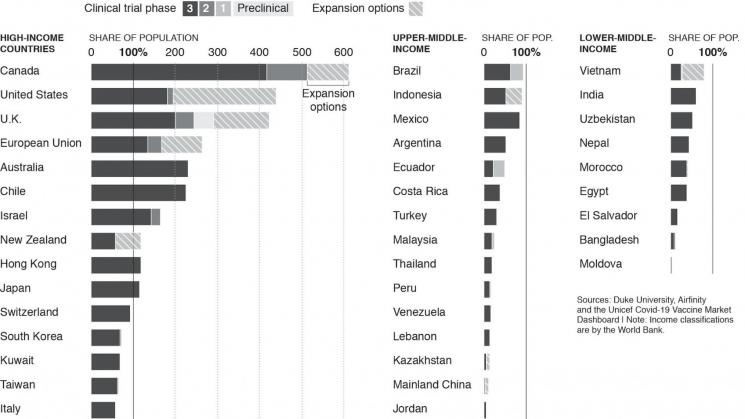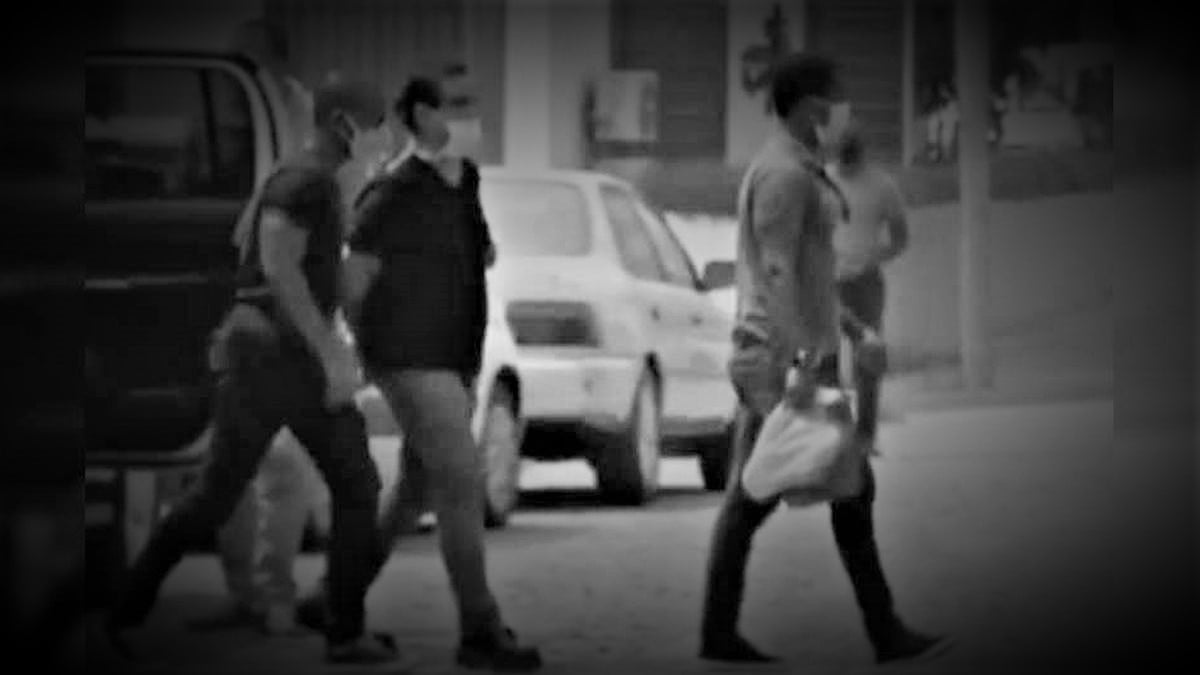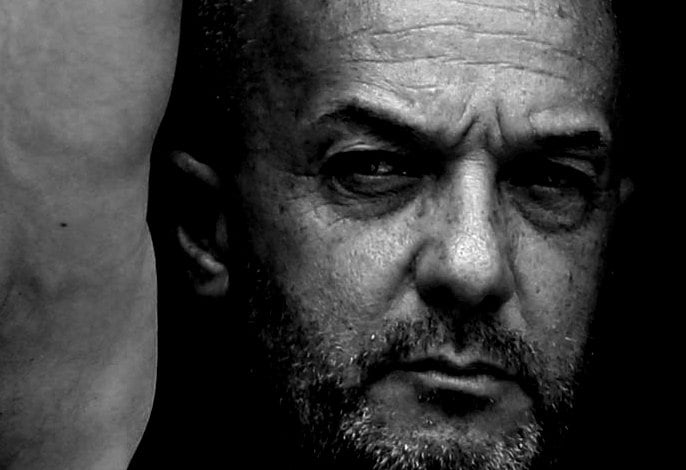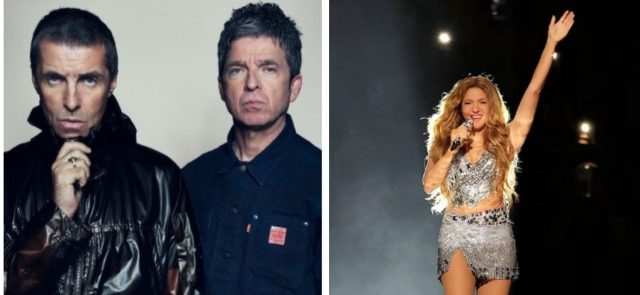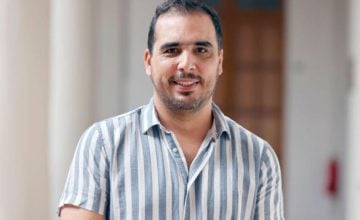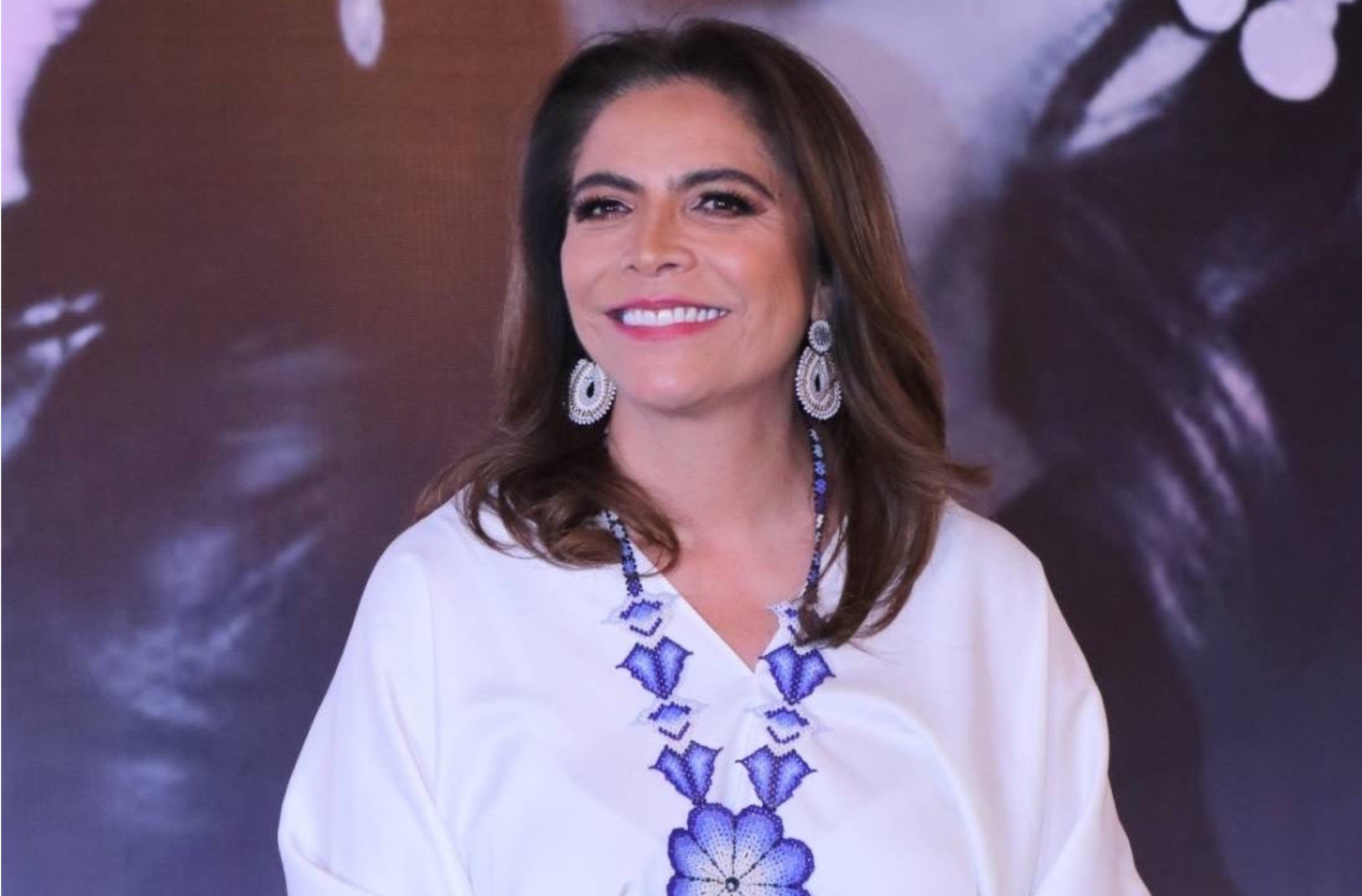The richest countries – the United States, the United Kingdom, Canada and several members of the European Union – account for the majority of the doses of vaccines against COVID-19. They even have insured up to six times more medical treatments to vaccinate their own population. This is a clear sign of indifference to a humanity that will run out of vaccines by the end of 2021.
A report in The New York Times (NYT) revealed this reality, as clinical trials advance to find more vaccines. “Rich countries are creating an extraordinary gap in their access (to vaccines) around the world. Together, they are claiming more than half of the doses that could hit the market by the end of the year”.
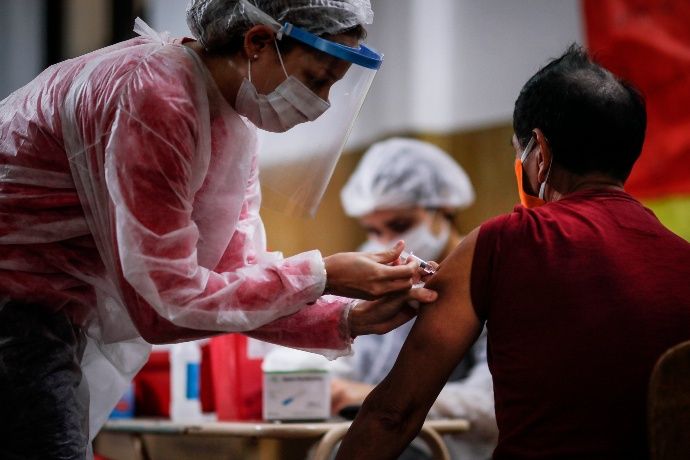
«Many poor nations may be able to vaccinate, maximum, 20% of their population in 2021. Meanwhile, some rich countries have reserved enough doses against COVID-19 to immunize theirs several times», adds the newspaper.
“Without any guarantee that any vaccine will become patent, these countries hedge their bets with several candidates. For example, if it received all the requested doses, the European Union could inoculate its residents twice. Likewise, the United Kingdom and the United States could do it four times, and Canada six times. These calculations are the result of an analysis of data that the NYT carried out on the contracts that Duke University, UNICEF and Airfinity gathered, a company that analyzes scientific data”, the news report added.
Now, the study makes no mention of the Russian Sputnik V vaccine, which will be applied in several Latin American countries and other regions. Also, it just quotes one of the vaccines that are made in China.
They emptied the shelves and are hoarding the vaccines
Andrea Taylor, a Duke researcher studying those contracts, said that “high-income countries got to the front of the line. They even emptied the shelves”.
The media highlights that “the United States supports the research, development and manufacture of five of the most promising vaccines. It brings in billions of dollars to advance at a speed and scale that would have been impossible otherwise. However, the support came on one condition: Americans would have priority access to the doses made in their country”.
Other wealthy nations joined the United States with large advance orders. They often include the option to expand the deals and acquire even more. This is precisely how they undermine the ability of many countries to make timely purchases”, she adds.
For example – says the NYT – the United States has guaranteed 100 million doses of Pfizer, with the option to buy 500 million more. To this, it added 200 million from Moderna, with an additional 300 million on offer. It has also placed a combination of pre-orders for 810 million doses with AstraZeneca, Johnson & Johnson, Novavax and Novavax. In the end, the expansion deals could bring the figure to nearly 2 billion.
Hoarding in Europe
For its part, the United Kingdom has claimed 357 million doses from these companies. In addition, it adds a small company, Valneva, with purchase options of 152 million more.
The European Union accounts for 1.3 billion from almost all of these companies. Additionally, it could have another 660 million doses from the German company CureVac, if it so decided.
Pfizer’s COVID-19 vaccine, developed with BioNTech, is licensed in the UK, Bahrain, Canada, Mexico, Saudi Arabia and the United States. Moderna’s is expected to follow in its footsteps soon.
AstraZeneca, one of which works with the University of Oxford, is likely to seek approval in the UK, India and other countries in the coming weeks. In the United States, it has already suffered setbacks with regulators.
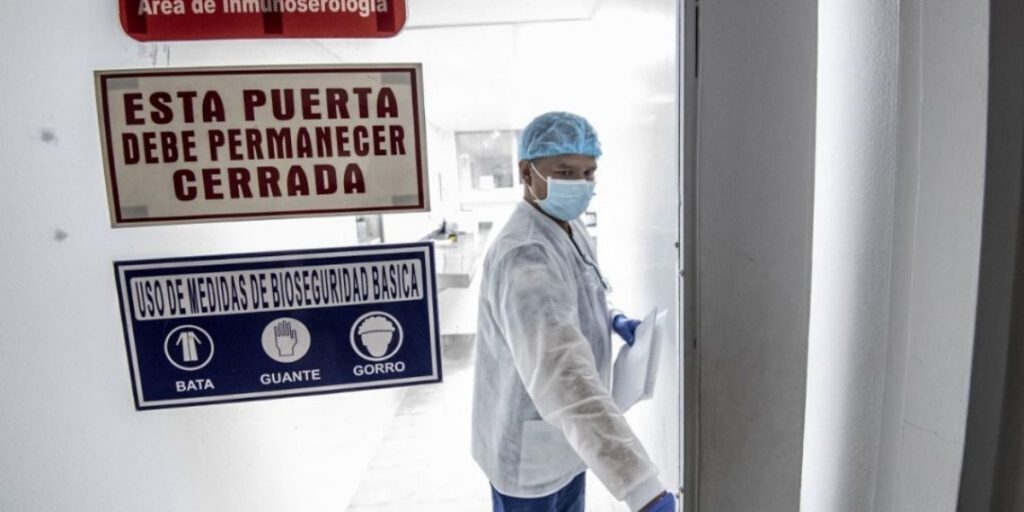
How will the poor stop COVID-19?
The news report argues that local vaccine production will be fundamental and crucial for the populations of low-income countries to access them.
Not all less prosperous nations will face severe shortages. Some have guaranteed a significant number of doses that could hit the market next year. That, making use of its own strengths in the manufacture of drugs», says the newspaper.
In this regard, it points out that India is on track to produce more doses of vaccines in 2021 than any other country: «The Serum Institute of India, which has contracts to produce large quantities of AstraZeneca and Novavax vaccines, promised half of its production to the Indian government».
«India takes priority because it is my home country», said Adar Poonawalla, CEO of the company. For his part, billionaire Carlos Slim helps finance an agreement for 150 million doses of the AstraZeneca vaccine in Latin America. To do this, he is using manufacturing capabilities in Argentina and his native Mexico.
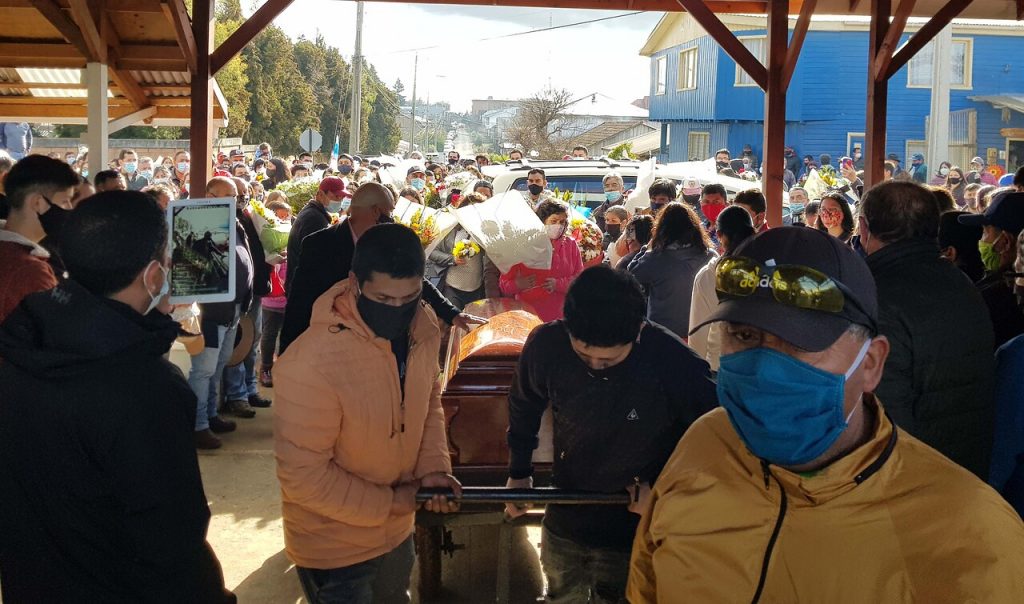
Options for poor countries
“The AstraZeneca vaccine is very suitable for the poorest countries, because it is inexpensive and easy to store. Many more doses of it have been promised before any other candidate: 3.210 million. Half of them are for low- and middle-income countries. The company partnered with 10 manufacturers around the world ”, indicates the report.
Johnson & Johnson, whose vaccine is tested in a single dose, is another contender for developing countries. It has even promised 500 million doses for low-income countries, although they did not specify which nations will obtain them.
China, the country with the third largest production capacity, announced that it intends to make its vaccines available in developing countries.
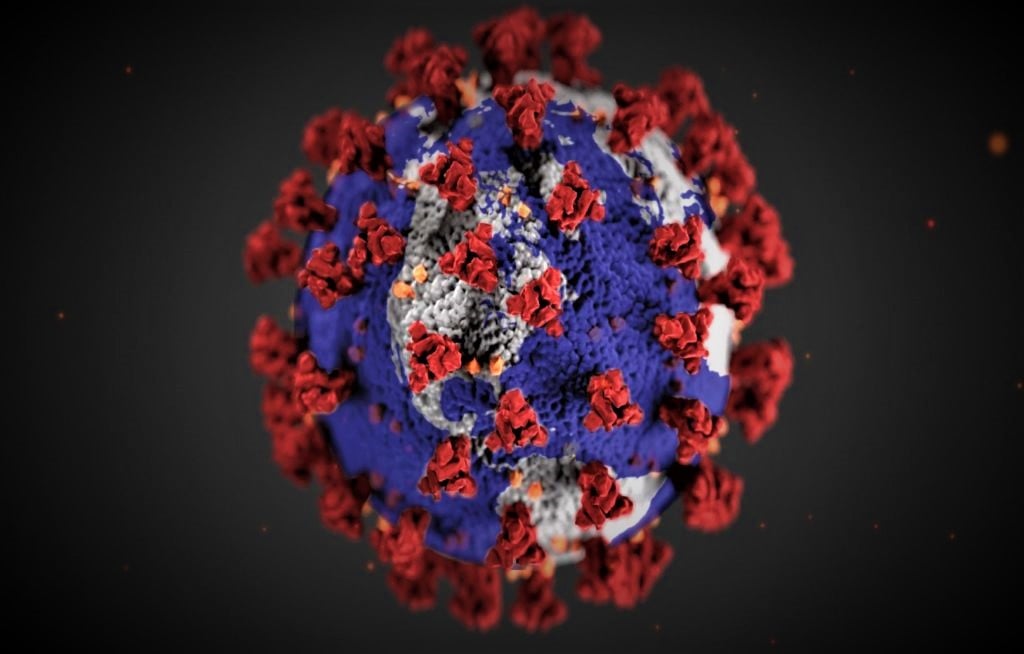
Last week, the United Arab Emirates gave the first government approval for Sinopharm. For that vaccine, they cited preliminary data showing an efficacy of 86%.
“To address vaccine inequality, the World Health Organization (WHO) and two non-profit organizations backed by Bill Gates launched an initiative to guarantee 1 billion doses for 92 poor countries. Another 1 billion more would go to dozens of high- and middle-income nations”, says the newspaper.
On the other hand, the initiative known as Covax, supports the development and manufacture of vaccines, including AstraZeneca and Novovax. In return, those two companies promised Covax hundreds of millions of doses. However, there are problems raising the necessary money and meeting its goal. Furthermore, even if it did, 1 billion doses would reach less than 20% of the population of each of the poor countries».
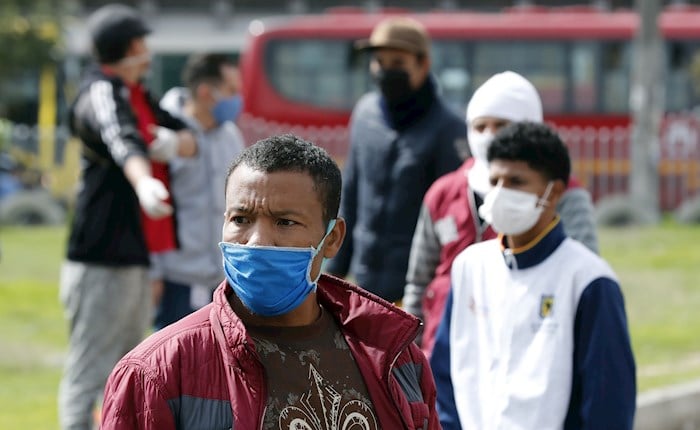
Nothing is sure with COVID-19
The NYT explains that “although rich nations reserved a large quantity of vaccines, they must wait to receive their orders. Manufacturers will need time to redouble production after obtaining regulatory approval. Therefore, these countries will not receive all their doses in a single delivery ”.
«Just because you’ve bought 100 million doses doesn’t mean you’re going to have them all in December», said Kendall Hoyt, an associate professor of medicine at Darthmouth University who has studied the global introduction of vaccines.
In their contracts, the companies have promised various deadlines. Some announcements specify that the doses will arrive in this quarter, while others indicate that this will happen at the end of the year. Furthermore, since the contracts are private, it has been difficult for governments – and the public – to set realistic expectations.
Julia Barnes-Weise, Director of the Global Healthcare Innovation Alliance Accelerator, advises on these agreements. She said it was «mind-boggling» that the world’s supply of vaccines depended on how these confidential deals were negotiated.
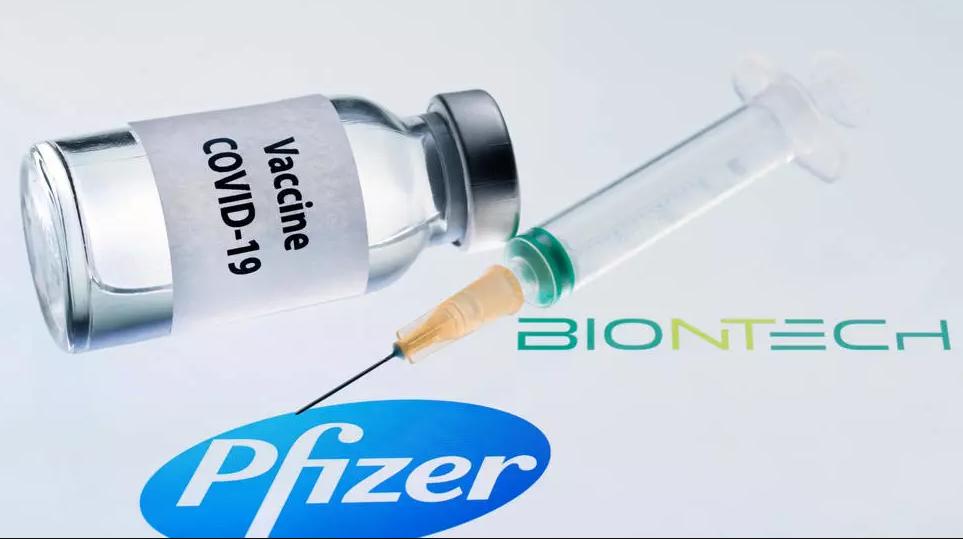
Small Print for COVID-19
The NYT places Pfizer as an example, as the pharmaceutical company assures that it will manufacture 1.3 billion doses in 2021. The US government bought 100 million. But it was later told that it had to wait until June to receive an additional 100 million included in a clause stipulated in its contract.
In Canada, the government faces questions about its contract with Moderna. In August, it secured a deal for 20 million doses, with an option for an additional 36 million. Soon after, the United States agreed to 500 million doses, and the United Kingdom and the European Union announced their agreements in November 2020.
So when Moderna pointed out that its first 20 million went to the United States, they accused Canadian politicians of allowing themselves to be robbed. This was because, as a condition of receiving financial support from the United States, Moderna promised the first doses to them.
In the Canadian Parliament, Erin O’Toole, the conservative leader, presented a motion to demand that the government assign compliance dates to its requests. This, under the argument that citizens «deserve to know when they can expect each of the types of vaccines».
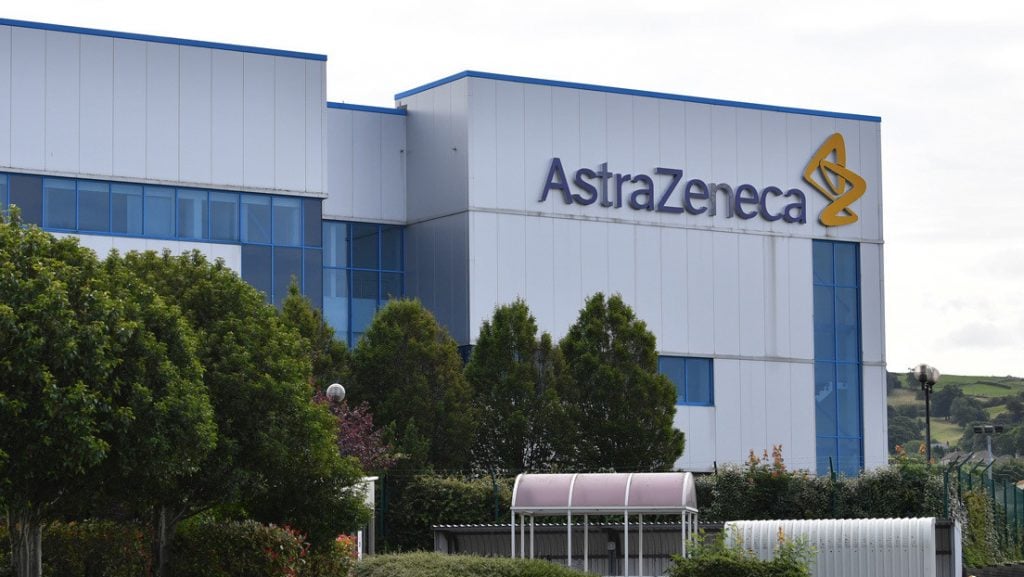
Production is not guaranteed
Other promising candidates, like Johnson & Johnson’s, will soon be approved and take pressure off Pfizer and Moderna. Still, there is no guarantee that companies will meet their commitments on the vaccine, explains the NYT.
«People believe that just because we have shown that in Phase 3 clinical trials we have safe and effective vaccines, the taps are about to open fully», this was commented by Richard Hatchett, director of the Coalition for the Promotion of Innovations for Epidemic Preparedness. This is one of the non-profit organizations spearheading the Covax program with WHO. «The challenges of scaling up production are significant, and risky».
Some companies have already corrected their projections based on production problems. Initially, Pfizer announced a production of 100 million doses by the end of this year. In the end, it ended up cutting that number in half. Novavax postponed its clinical trials, in part, because it couldn’t make enough doses.
In other cases, vaccine manufacturers or their partners – perhaps – promised more doses than they can produce. In total, 3.210 million doses of the AstraZeneca vaccine were allocated. But, production deals are set for just 2.86 billion doses, according to Airfinity. Johnson & Johnson has promised 1.3 billion doses, but guaranteed production of just 1.1 billion.
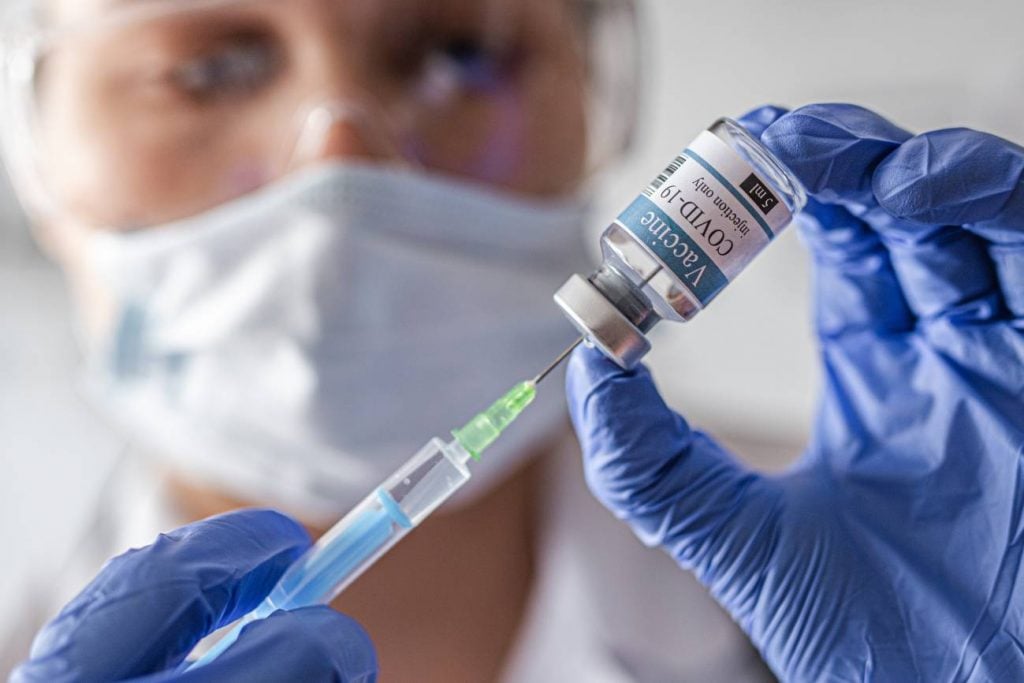
Sharing instead of hoarding
As stark disparities in access to COVID-19 vaccines become more visible, there is increasing pressure on rich countries to alter their plans. Australia, the UK, Canada and the EU have made financial commitments to Covax. Now, they are encouraged to stagger the implementation of their own doses so as not to leave developing countries behind.
«The worst outcome is offering vaccines to the entire population of a country before doing so to those most at risk in other countries», said Bruce Aylward, advisor to the WHO director general who works on the global vaccination initiative.
Rich countries, which could perfectly end up with more doses than they need, are being asked to donate vaccines. Canada has even begun discussions to determine how to support the fight against COVID-19 in other nations.
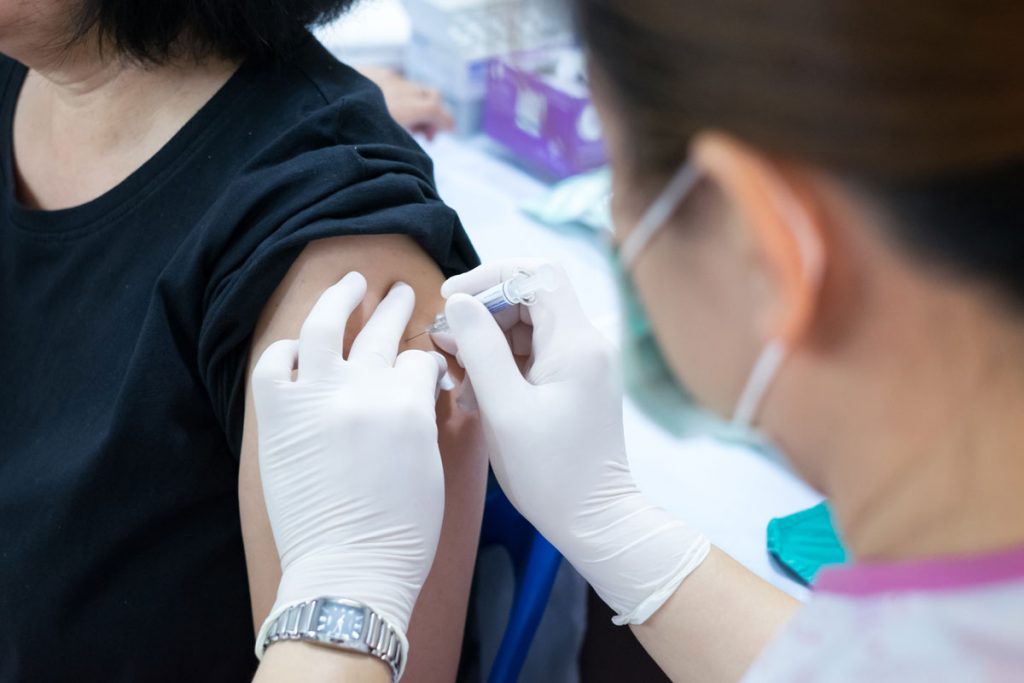
Recently, Trump signed an executive order to declare that as soon as the federal government determines that there is sufficient supply for Americans, it will facilitate international access of its vaccines «to its allies and partners», reports the media.
According to the NYT, Covax representatives expect Washington to increase its contributions when Joe Biden takes office. Its hope is that he will deliver on his promise to reverse Trump’s unilateral withdrawal from the WHO.
«However, even if rich countries donate their surplus vaccines, the rest of the world will not have all the doses it needs by the end of the year», warns NYT.
“Some experts predict that it will not be until 2024 that there will be enough vaccines against COVID-19. Others believe that as more people get sick and acquire natural immunity, the need for a vaccine will decrease and the supply will be adequate by the end of 2022″, states the report in its closing.
